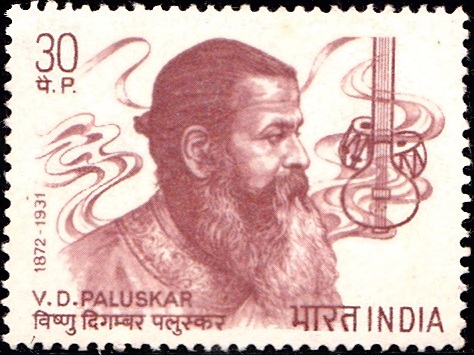
Vishnu Digambar Paluskar
A commemorative postage stamp on the Birth Centenary of Pandit Visnudigambara Paluskara, a Hindustani musician, founder of Gandharva Mahavidyalaya [a part of the series ‘Centenary Stamps Series‘] :
Issued on Jul 21, 1973
Issued for :
Centenary Series
A set of four stamps are being brought out to commemorate the centenary of the death of Michael Madhusudan Dutt, the well-known poet of Bengal, the centenary of the birth of Vishnu Digambar Paluskar, the eminent musician of India, the centenary of the discovery of leprosy bacillus, and the quin-centenary of the birth of Nicolaus Copernicus, the world renowned scientist.
The P&T Department feels honoured to bring out these stamps in the Centenary Series being issued on 21-7-73.
Description of Design : The stamp is horizontal and has as its motif a profile of the musician.
Type : Stamp, Mint Condition
Colour : Mineral Red
Denomination : 30 Paise
Overall size : 3.91 x 2.90 cms.
Printing size : 3.56 x 2.54 cms.
Perforation : 13 x 13
Watermark : Printed on unwatermarked Adhesive Stamp paper in reels
Quantity printed : 1 Million
Number per issue sheet : 35
Printing Process : Photogravure process
Designed and Printed at : India Security Press, Nasik Road
Name : Vishnu Digambar Paluskar (Gadgil)
Born on Aug 18, 1872 at Kuruntwad, Kolhapur district, Maharashtra, India
Died on Aug 21, 1931 at Miraj, Sangli district, Maharashtra, India
About :
- Pandit Vishnu Digambar Paluskar was born at Kurundwad in Maharashtra in the year 1872 in a family of Kirtankars. Vishnu could not continue his studies due to an accident which affected his eyesight and so he applied himself to the study of music. Under the patronage of the Chief of Miraj he studied the art under the late Pandit Balkrishnabuwa Ichalkaranjikar. After 12 years of music study at Miraj, Vishnu Digambar toured far and wide in the country, and coming to Lahore decided to make it his “Karma Bhoomi”, subsequently launching there his Gandharva Mahavidyalaya on the 5th of May 1901.
- Musicians and musicologists were not held in high esteem in society in those days; but Vishnu Digambar was able to dispel the prevalent prejudice by his own personal example. He realised that all great art had to draw its inspiration from contemporary life and bereft of its social values it was like an empty kernel. In this sense, he was a pioneer and a revolutionary both in his outlook and methods. A system of notation was evolved by him for the Indian Music, and he later published a large number of text books for the Gandharva Mahavidyalaya.
- Panditji came in close contact with the National Leaders such as Lala Lajpat Rai, Lokmanya Tilak, and Mahatma Gandhi and was able to enlist their support for his own cause, – the regeneration of Indian Music. He used to attend the Sessions of the Indian National Congress and rouse the audience by the power of his musical appeal. He excelled in devotional music and gave to the Bhajan “Raghupati Raghav Raja Ram“, its present musical content.


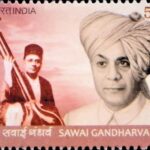
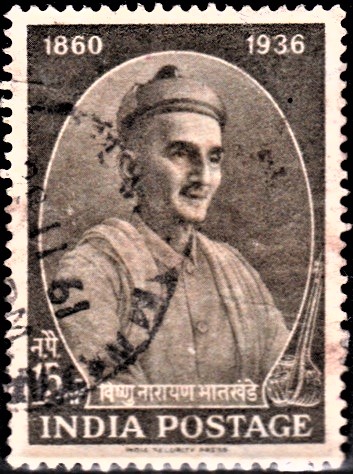
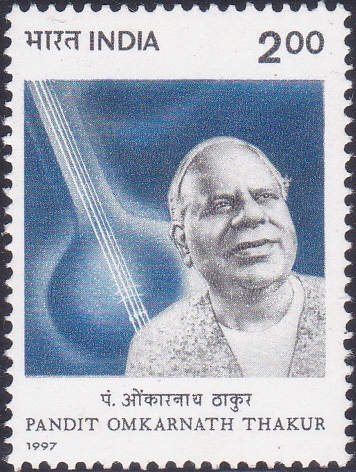
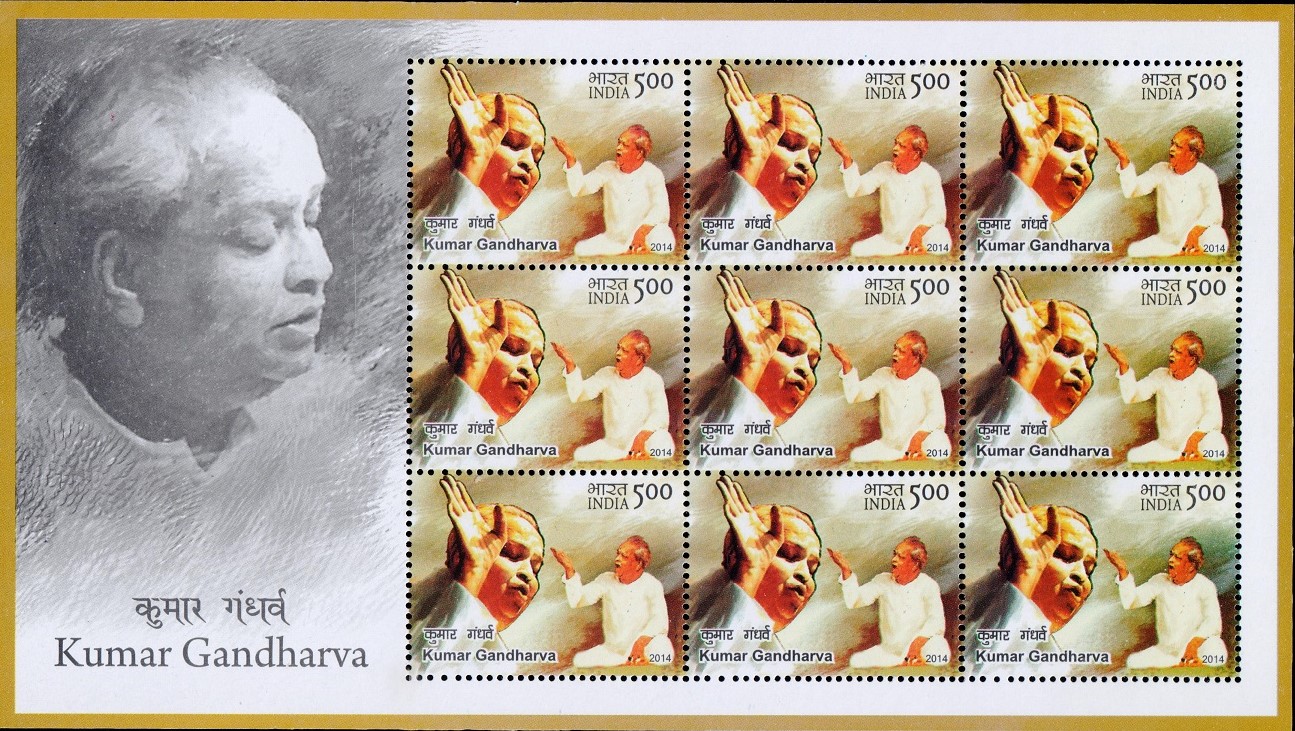

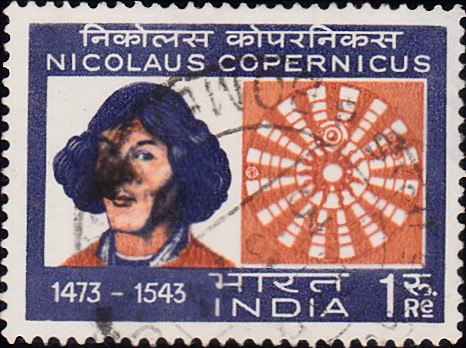
[…] mother’s name was Smt. Jhaverba. At the age of thirteen in 1910, he was enrolled as a student in Pt. Visnudigambara Paluskara’s “Gandharva Mahavidyalaya”, Bombay. Pt. Omkarnath displayed his musical talent at a very […]
[…] the death of Michael Madhusudan Dutt, the well-known poet of Bengal, the centenary of the birth of Vishnu Digambar Paluskar, the eminent musician of India, the centenary of the discovery of leprosy bacillus, and the […]
[…] the death of Michael Madhusudan Dutt, the well-known poet of Bengal, the centenary of the birth of Vishnu Digambar Paluskar, the eminent musician of India, the centenary of the discovery of leprosy bacillus, and the […]